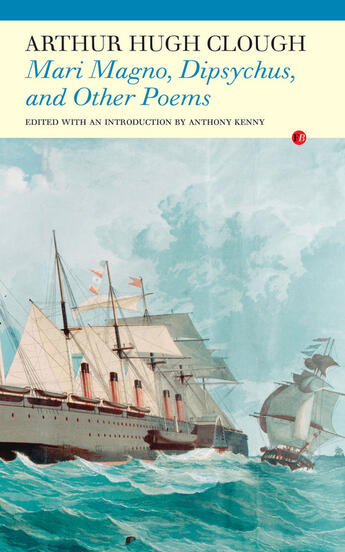-
Nombre de pages : (-)
-
Collection :
(-)
-
Genre :
(-)
-
Thème :
Non attribué
-
Prix littéraire(s) :
(-)
Résumé:
'The true haunts of the poetic powers,' Arthur Hugh Clough (1819-1861) wrote to his friend Matthew Arnold, 'are no more upon Pindus or Parnassus but in the blank and desolate streets, and upon the solitary bridges of the midnight city, where Guilt is, and wild Temptation'. Clough explores the... Voir plus
'The true haunts of the poetic powers,' Arthur Hugh Clough (1819-1861) wrote to his friend Matthew Arnold, 'are no more upon Pindus or Parnassus but in the blank and desolate streets, and upon the solitary bridges of the midnight city, where Guilt is, and wild Temptation'. Clough explores the theme of temptation, and the question of how a young man should live, in his dramatic poem Dipsychus, a Faustian dialogue in which is staged, in Clough's words, 'the conflict between the tender conscience and the world'. Mari Magno, written in the last years of Clough's life and drawing on his own travels in Europe as he attempted to recover his health, is a modern Canterbury Tales: a group of passengers on a transatlantic crossing exchange tales about love, exploring the various motives for marriage and the consequences that may follow. This book sets these two unfinished masterpieces alongside a selection of Clough's shorter poems. In his introduction, Anthony Kenny provides a wealth of detail about the textual history and autobiographical contexts of the poems included here.
Donner votre avis








